Health Technology Assessment
Health Technology Assessment (HTA) is a multidisciplinary assessment process that evaluates the properties, effects, and impacts of a health technology. It is primarily used to inform policy and decision-making in healthcare. The main objective of HTA is to ensure that all patients have access to effective, safe, and cost-efficient treatments while maximizing the value and sustainability of healthcare systems. From the perspective of manufacturers such as pharmaceutical, biotechnology, and medical device companies, HTA is a crucial step in the process of bringing new products to the market and ensuring their successful adoption and reimbursement.
Role and Importance of HTA
HEOR provides the economic evidence, like costs and cost-effectiveness, considered alongside clinical data and other factors during Health Technology Assessment. HTA plays a fundamental role in healthcare as it assesses medical, social, economic, and ethical issues related to the use of a health technology. This process is vital for pharmaceutical and biotech companies because it helps determine whether a new drug or biological agent should be reimbursed by health care systems and insurers. For medical device companies, HTA evaluates the devices’ effectiveness and safety compared to current treatments, and it influences market access and penetration strategies.
Methodology of HTA
HTA involves a comprehensive analysis that covers clinical efficacy, safety, cost-effectiveness, and the overall impact on the healthcare system. The assessment can also consider other factors such as the technology’s ethical, social, and legal implications. For pharmaceutical and biotech companies, the process begins with clinical trials that generate data on efficacy and safety. This data is then analyzed in in comparison to the existing treatments to evaluate the new drug’s relative effectiveness and potential benefits or risks.
For medical devices, the HTA process can be even more complex due to the devices’ interactive nature with healthcare providers and other technologies. It often requires real-world evidence and simulations to demonstrate how the device performs in the hands of medical professionals, which can be a challenging aspect of the HTA submission.


Economic Evaluation in HTA
One of the key components of HTA is the economic evaluation, which often includes cost-effectiveness analysis and budget impact analysis. These analyses are crucial for pharmaceutical and medical device companies because they provide evidence to payers about the financial value of their new technologies. A favorable output from an economic evaluation can lead to a positive reimbursement decision, facilitating market access and adoption of the treatment.
Manufacturers rely on economic evaluations to demonstrate that their products can provide good value for money, especially for treatments targeting complex diseases such as cancer or autoimmune disorders where the cost of therapy is usually high but the potential benefit to patients is significant.
Challenges in the HTA Process for Pharmaceutical and Medical Device Companies
Developers and manufacturers face several challenges during the HTA process. The first challenge is the need for comprehensive and high-quality data that demonstrates the benefits and risks of a new technology. This often requires extensive and costly clinical trials and post-market surveillance studies. Additionally, the criteria for an HTA submission can differ significantly between countries or even within regions of a country, requiring a tailored approach for each submission.
Another challenge is the evolving nature of HTA methodologies and expectations, particularly with the increasing focus on real-world data and patient-reported outcomes. Companies must be aware of these changes to ensure that their submission aligns with the latest requirements and expectations.
HTA from a Strategic Perspective
For pharmaceutical and medical device companies, HTA is not just about gaining approval for reimbursement; it’s a strategic tool that influences the entire lifecycle of a product. The outcomes of a health technology assessment can help determine the level of investment in certain research and development areas, shape clinical trial designs to meet specific HTA requirements, and influence marketing strategies by highlighting the product’s advantages in terms of health outcomes and cost-effectiveness.
Additionally, a positive HTA outcome can provide a competitive edge in crowded therapeutic areas, supporting a product’s differentiation based on its demonstrated value to patients and healthcare systems. Companies often use HTA results in their marketing and promotional activities to healthcare providers and decision-makers, emphasizing the product’s benefits as validated by an independent assessment process.
HTA and Market Access
Market access is critically dependent on HTA outcomes, as reimbursement agencies rely on them in order to make funding decisions. Therefore companies usually prioritize HTA readiness early in the product development process, integrating economic and clinical outcomes research to streamline the HTA submission and increase the likelihood of a favorable evaluation.
In summary, HTA represents a significant and complex aspect of the pharmaceutical and medical device industry’s interaction with healthcare systems. Effective navigation of this interaction requires a deep understanding of both the product and the wider healthcare landscape. Companies that can integrate HTA considerations into their product development and marketing strategies are more likely to achieve success in delivering new and innovative solutions to the market.

Have Questions?
Please complete the form below to contact us for more information

